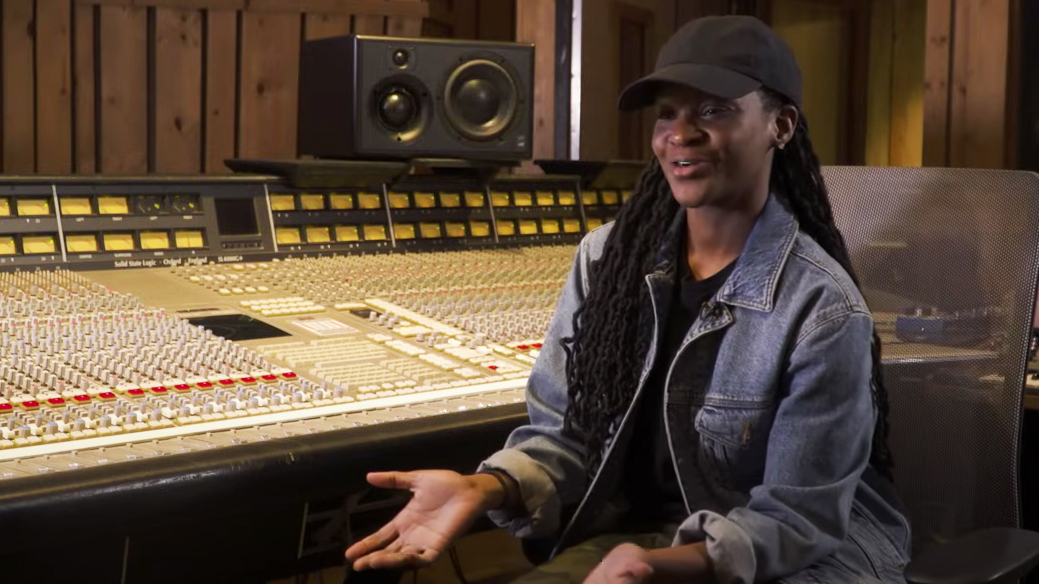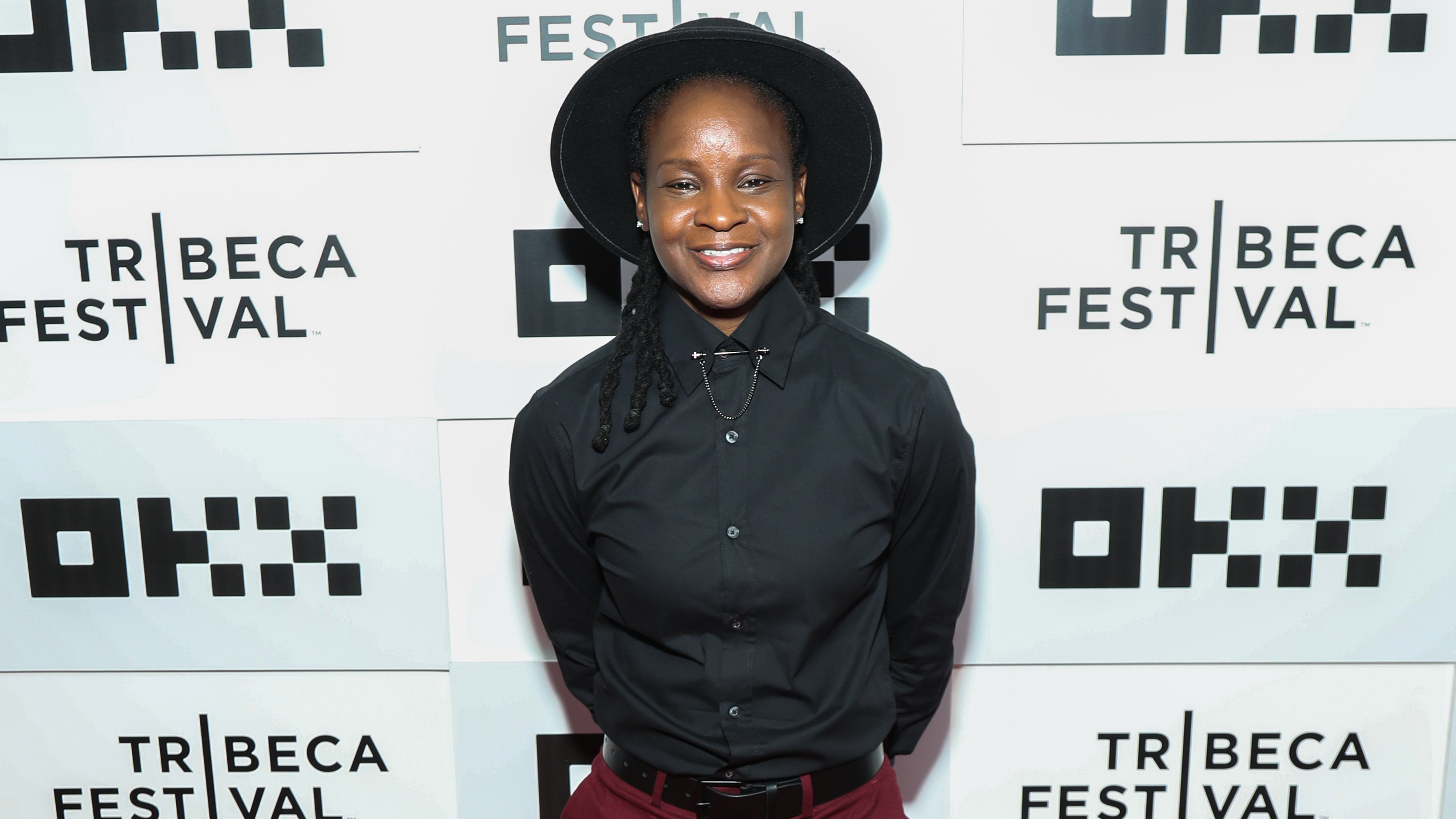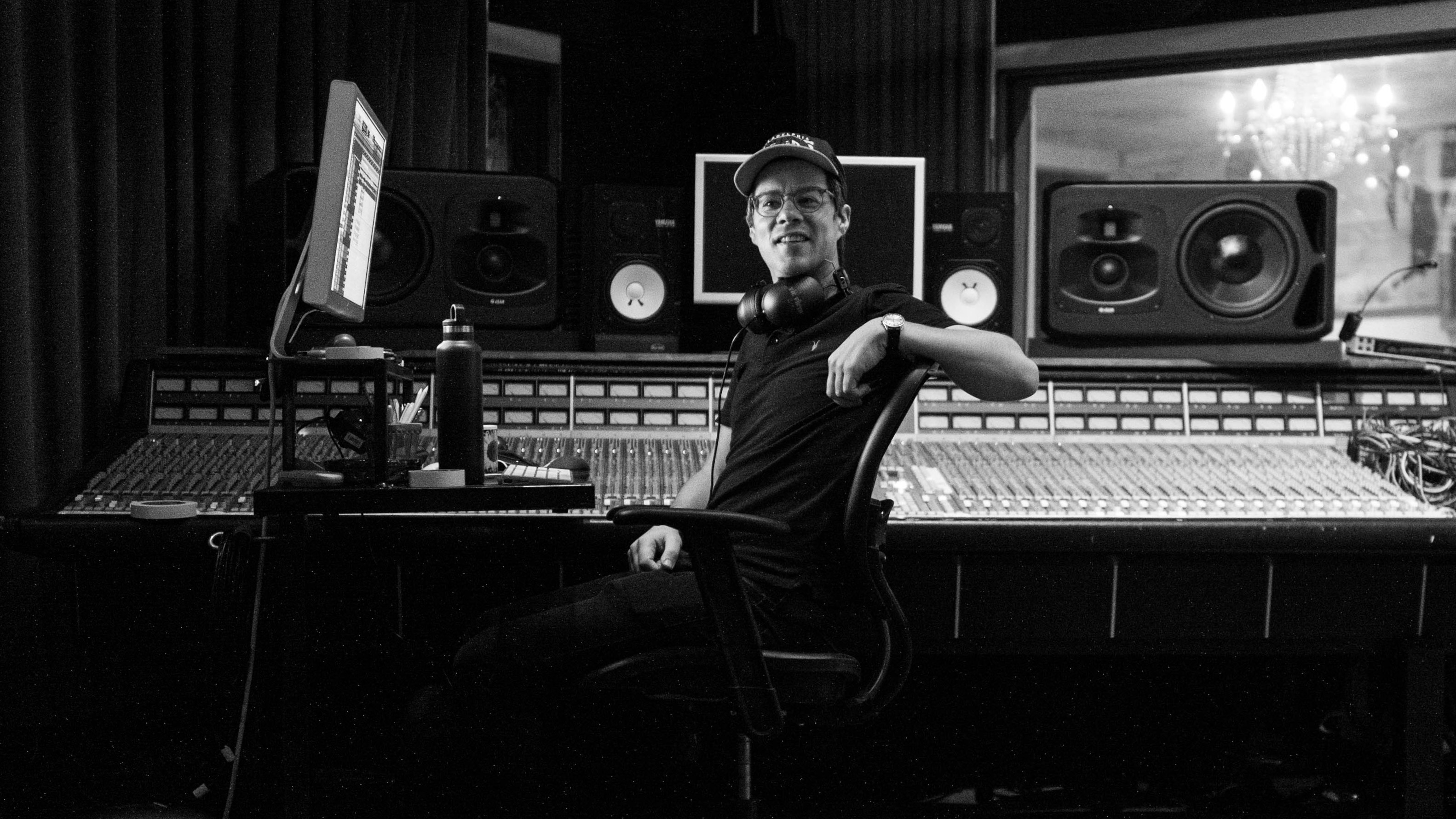Beyoncé, A Tribe Called Quest, Madonna and Kanye West engineer/producer Gloria Kaba offers a tour of the legendary Power Station Studio in New York – and her own insight on what it takes to succeed in the job

Want all the hottest music and gear news, reviews, deals, features and more, direct to your inbox? Sign up here.
You are now subscribed
Your newsletter sign-up was successful
We love studio tours – and we suspect we're not alone, because the chance to see inside a legendary facility with an expert guide is the next best thing to visiting in person. Gloria Kaba is the latest guest on the EarthQuaker Devices YouTube channel and gives us all an insider's perspective on New York's iconic Power Station Studio.
Springsteen, Bowie, Bruno Mars, Peter Gabriel, Grace Jones, Dire Straits and Madonna have all tracked at Power Station, but amongst the delights of a nine-foot Steinway piano, a cupboard full of dream microphones and Studio A's Neve 8060 Mk II recording console, the best insights are from Kaba regarding her experiences learning the craft of engineering and moving into the role of producer.
It's really about being a good fit for the people around and that artist
She has already amassed quite the resume, working on Broadway and film projects, alongside mainstream pop and rnb recordings for artists including Beyonce, Frank Ocean, Solange, Kanye West and Q-Tip.
Kaba ended up working alongside the latter as an engineer at his New Jersey studio. "A lot of those situations, you're not really selected for your technical ability," says Kaba about getting the job. "It's really about being a good fit for the people around and that artist… I'm sure [Q-Tip] was sizing up my personality, my temperament – because that goes a long. Being able to stay calm in high-pressure situations. Not being distracting in a creative environment. Being likable and pleasant to be around – that goes a long way. That's a lot of it."
Kaba was assistant engineer on A Tribe Called Quest's 2016 final album, Thank You For Your Service… We Got It From Here, that featured a stellar cast alongside the legendary hip-hop act including Elton John, Anderson Paak and Jack White.
To me, there's no real clean distinction between the production and engineering as I approach a project
She's now negotiating the transition from an engineer to a producer going forwards.
"As an engineer, I'm having to prove myself as a producer, says Kaba, who is now also teaching Berklee music students at Power Station, alongside her work. "I've been in situations where naturally in a studio I assume the role of the engineer, even if there isn't one. So there's a lot of juggling you have to do to make sure you're contributing on the creative end.
Want all the hottest music and gear news, reviews, deals, features and more, direct to your inbox? Sign up here.
"And that can happen in different ways," she adds. "That can happen through the engineering – like how you mic an instrument or a performer, how you're mixing it, the effects you're using. So there's a lot of engineering techniques that help the production, obviously, but I've tried to find situations where I am, only going in as a producer and my role is clear from the start."
Even so, Kaba's own approach blurs the lines somewhat. "To me there's no real clean distinction between the production and engineering as I approach a project. So I could be producing and I'm thinking about a mix so that factors into my sound selection.
"Say I'm engineering an artist and they want to hear their vocal a certain way, you're selecting effects on the way that they want to hear them, but also keep in mind that it may stay that world," she adds.
"An artist, and I can say that for myself too, gets used to what they've been hearing, so I like to be intentional and deliberate about the effects I'm adding in the production process or early on in the engineering process. But again, it really depends on what you're putting together with what the vibe of the track is, but I really love stereo delays and playing with that and sort of automating the feedback and the delay time – doing some trippy, dubby effects is one of my favourite things and something I picked up working on the Tribe Called Quest project. We did a lot of dub effects and that's something I've held on to and injected into my own projects."

Kaba reiterates the importance of the personal connection for her before the technical side – important for any budding engineer and producer out there.
"I get contacted from artists at different stages of their project," she explains to EarthQuaker Devices. "Sometimes they're just starting out and they don't know quite what they want it to sound like, and often times it leads to a conversation. We might meet for coffee – I'm big on not meeting in a studio, because sometimes people feel a little pressured to perform, basically. So I like to meet people, have a conversation, 'Where are you from? What do you like to do? What are your influences?' And we figure out, do we even want to work together?"
As a producer, even ask artists to make a playlist ahead of working together to gauge where they're at with their sonic ambitions and tastes. Kaba will put tracks together from scratch for artists (and she also plays keys), looking at song structure and the scope for calling in outside musicians where appropriate.
"I've been really lucky to work with all the artists I've worked with," she reflects in the video above. "A lot of them are artists I idolised growing up and I try to take what I've learned from being in those rooms. Whether it's techniques or philosophies – whatever it is I try to apply that to my work in developing new artists. Also, trying to inject myself into that, because for a long time my work was helping to facilitate someone else's vision. So now I'm really getting back to, what is my voice and how do I want that to be heard in different ways."

Rob is the Reviews Editor for GuitarWorld.com and MusicRadar guitars, so spends most of his waking hours (and beyond) thinking about and trying the latest gear while making sure our reviews team is giving you thorough and honest tests of it. He's worked for guitar mags and sites as a writer and editor for nearly 20 years but still winces at the thought of restringing anything with a Floyd Rose.




